By Glenye Oakford
BarnManager is the Official Barn Management Software of US Equestrian.
Mud is hard on humans and horses alike, and many a barn manager undoubtedly has wished they could simply wave a magic wand to get rid of it. Reducing mud around the barn and pasture isn’t quite that easy, but there are things you can do to prevent it. We asked Dr. Stephen Higgins, director of environmental compliance for the University of Kentucky’s Agricultural Experiment Station in Lexington, KY, for his top mud-prevention tips.
“You have to be willing to try things and think out of the box,” said Higgins. “Sometimes you’ve got to be willing to break bad habits and traditions.”
-
Assess your horse’s daily environment.
Taking your area’s climate and average rainfall into account, consider how water moves through your horse’s paddock or pasture.
“Is there natural drainage going through their paddock? Is there a summit position? Is it well-drained or does the water pool?” said Higgins. “A lot of people will lay out a horse farm looking at aerial photography and planning on two dimensions, length and width. They look for areas to place square paddocks or large paddocks, but they don’t consider the drainage.”
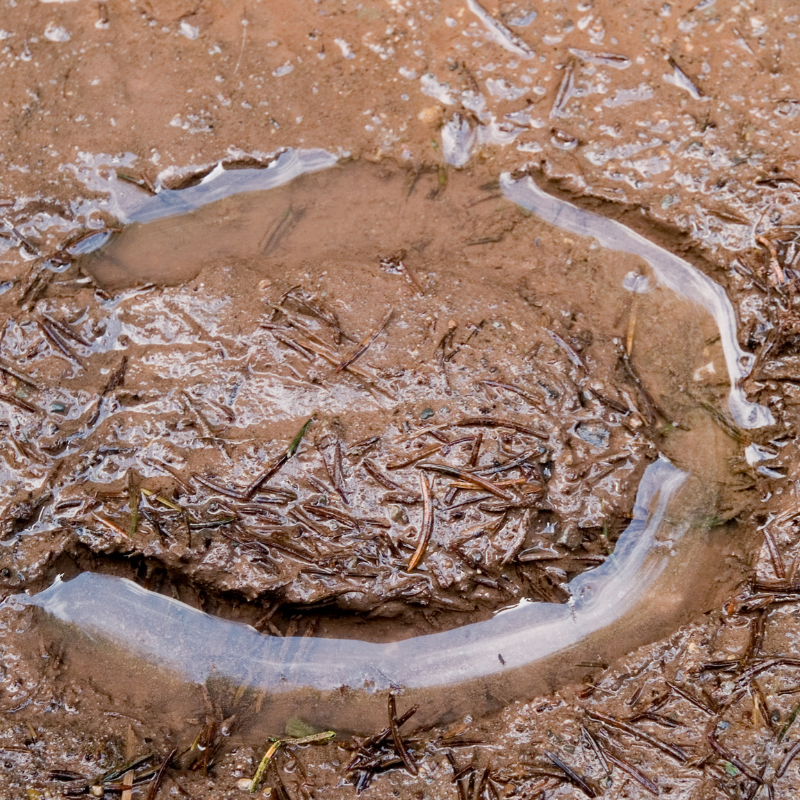
Ideally, gateways should be away from drainage areas — at the top of a slope rather than at the bottom, for example. Mud will be more likely in high-traffic areas, like gateways and spots where horses gather naturally, so it’s important to minimize that by shifting gates away from natural drainage paths.
-
Use pasture grass to help manage water flow.
“You want to protect your pastures from excess water by having them in a full canopy of grass,” explained Higgins. “That’s crop science 101. You don’t want any bare spots or denuded areas, because rain can cause a lot of damage.
“You want what we call sheet flow, where water flows as a shallow sheet across a big area. You want thick stands of forages or grasses to slow water down to filter it and hang on to it as much as possible to prevent rapid soil run-off — and to water your pasture grass naturally,” commented Higgins.
-
Control horse traffic
Keeping horses in for part of the day allowing a paddock to “rest” without horses for a time helps prevent overgrazing and soil compaction — both contributors to mud. During prolonged, heavy rain, consider stabling your horses to help prevent soil damage.
Continue reading on US Equestrian for more tips on preventing mud.
Have questions about utilizing BarnManager or want to give it a try for yourself? Request a live demo here!
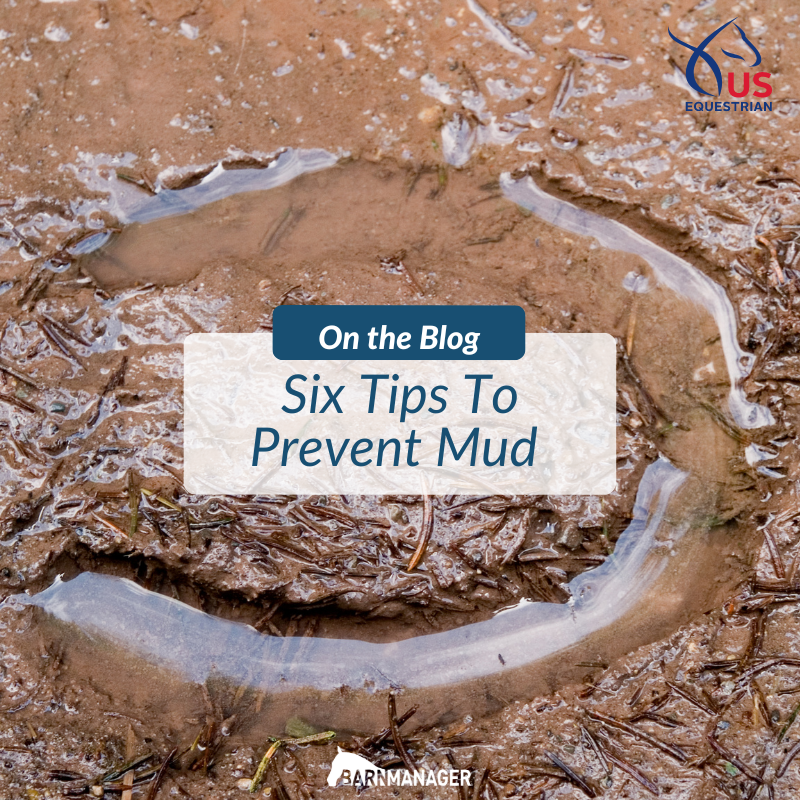
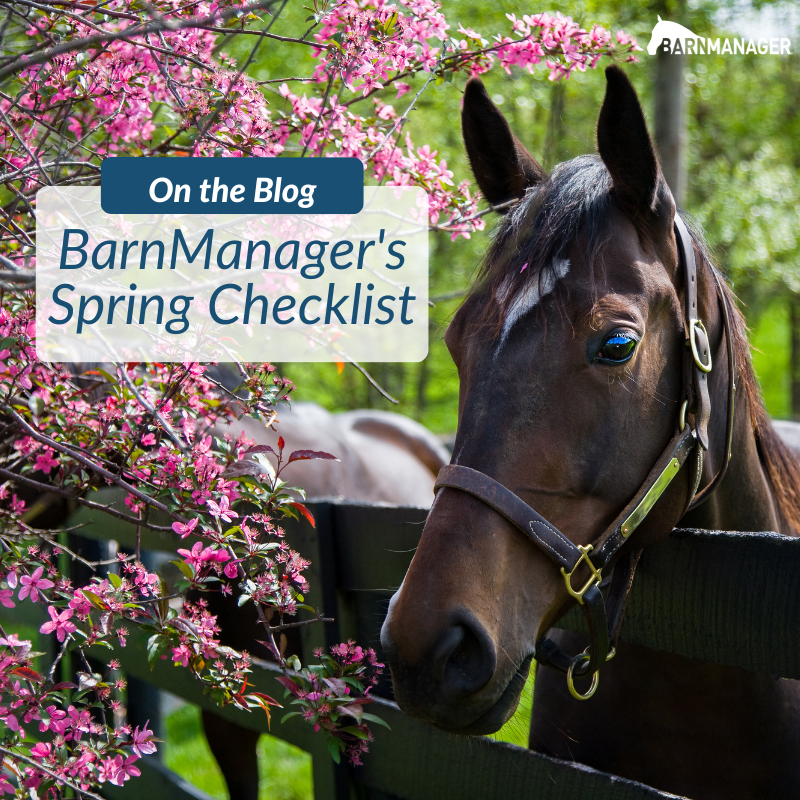
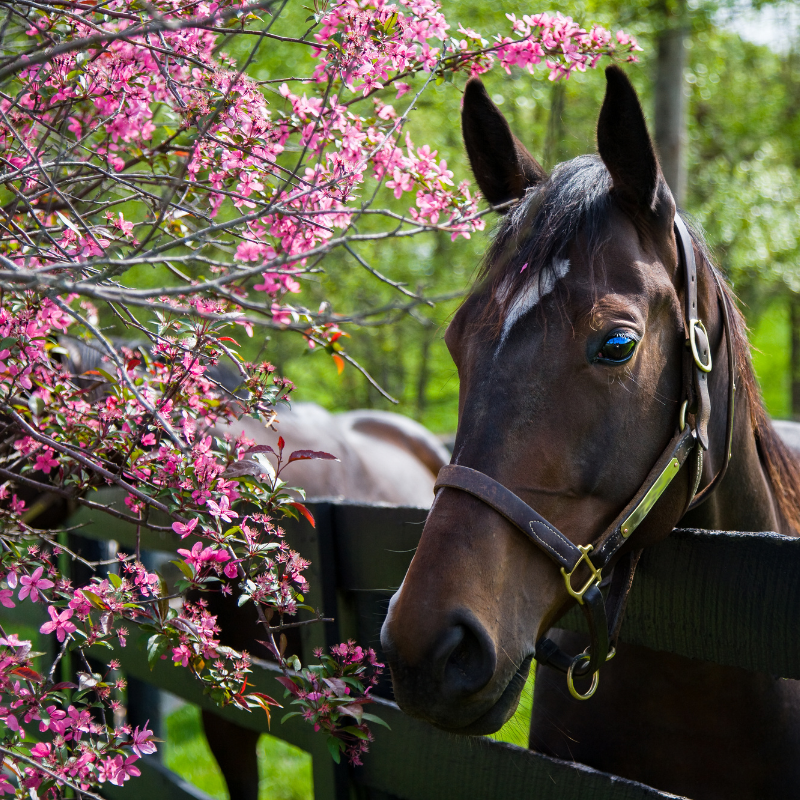

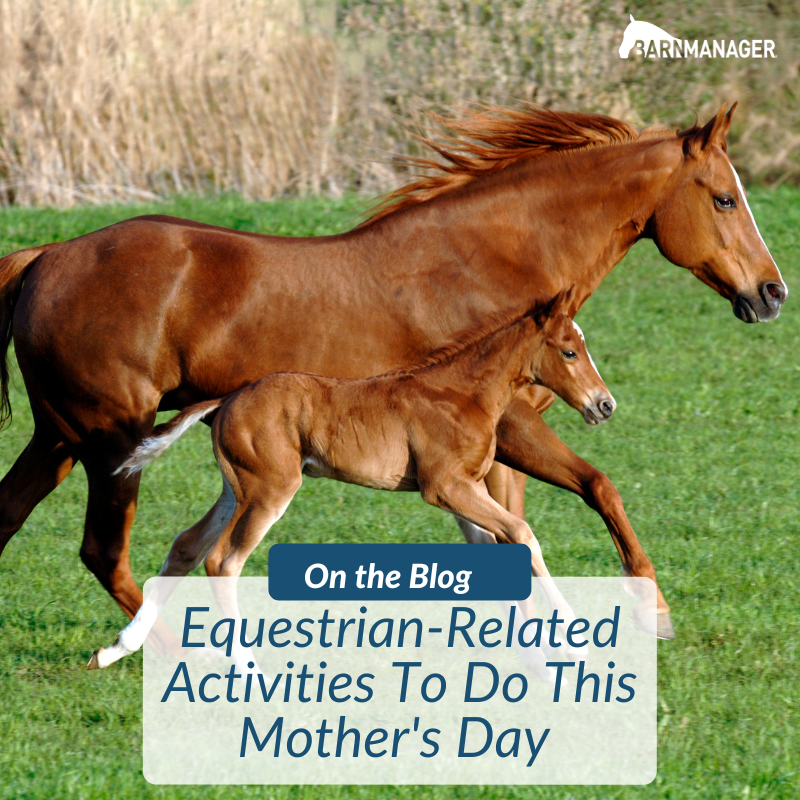




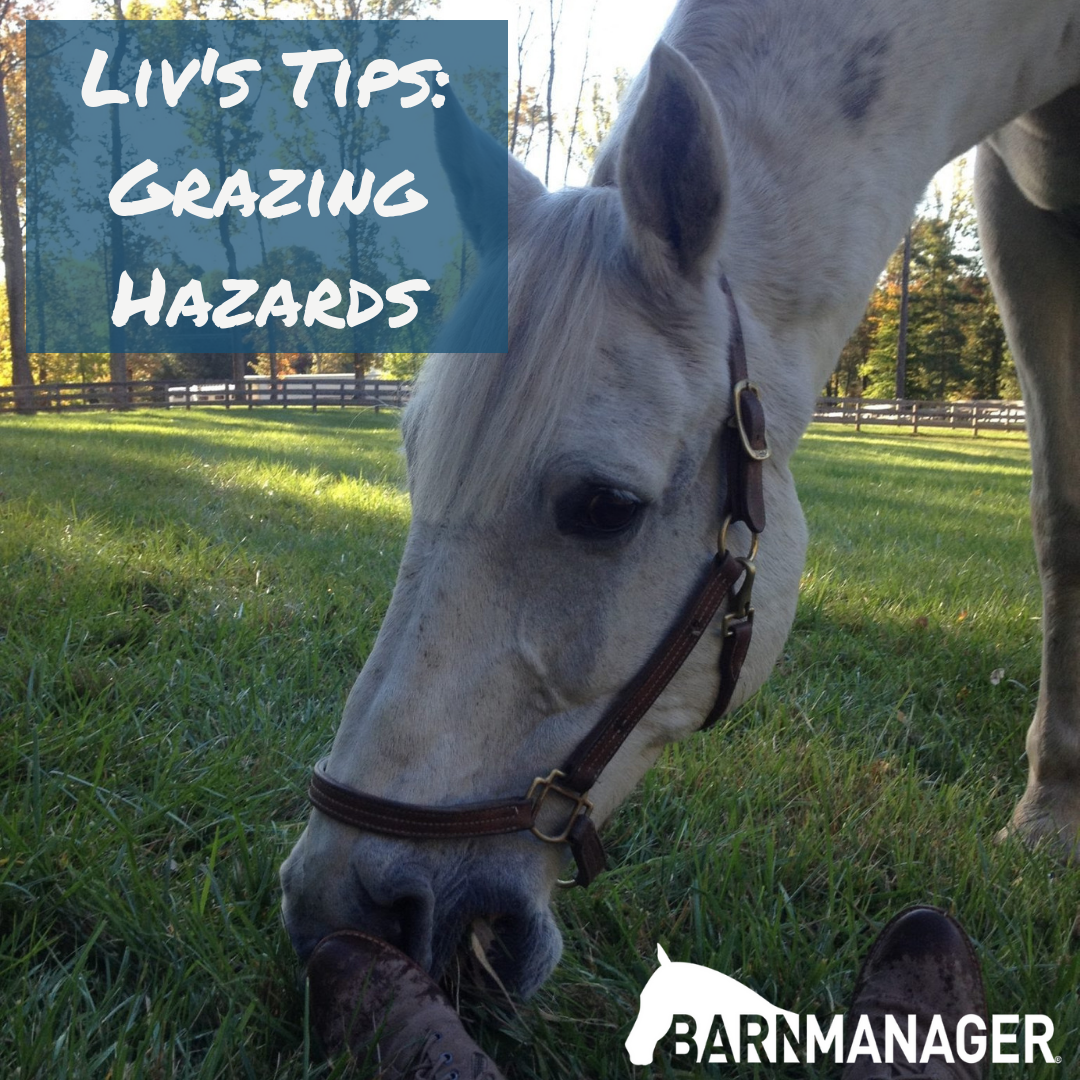
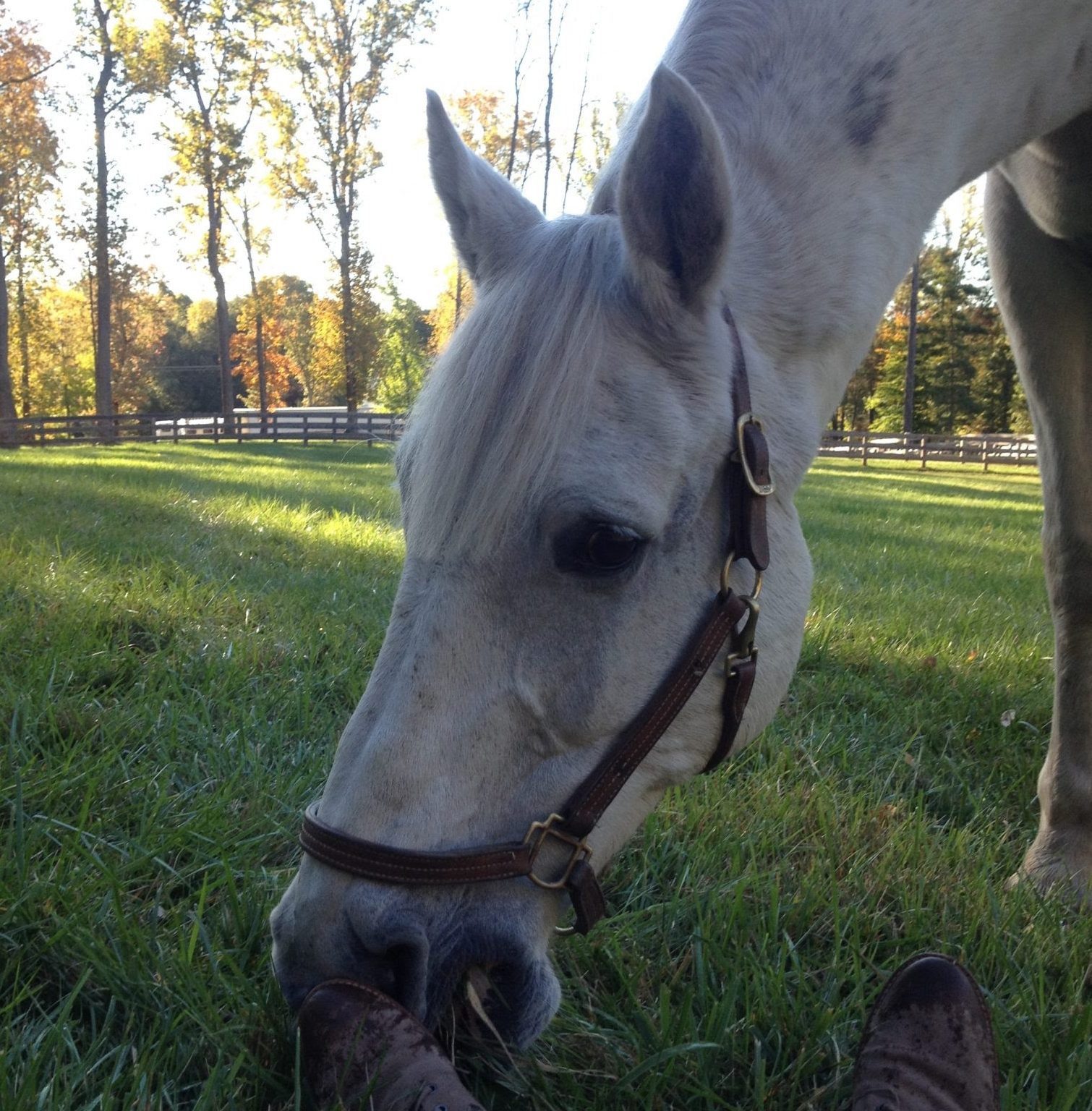
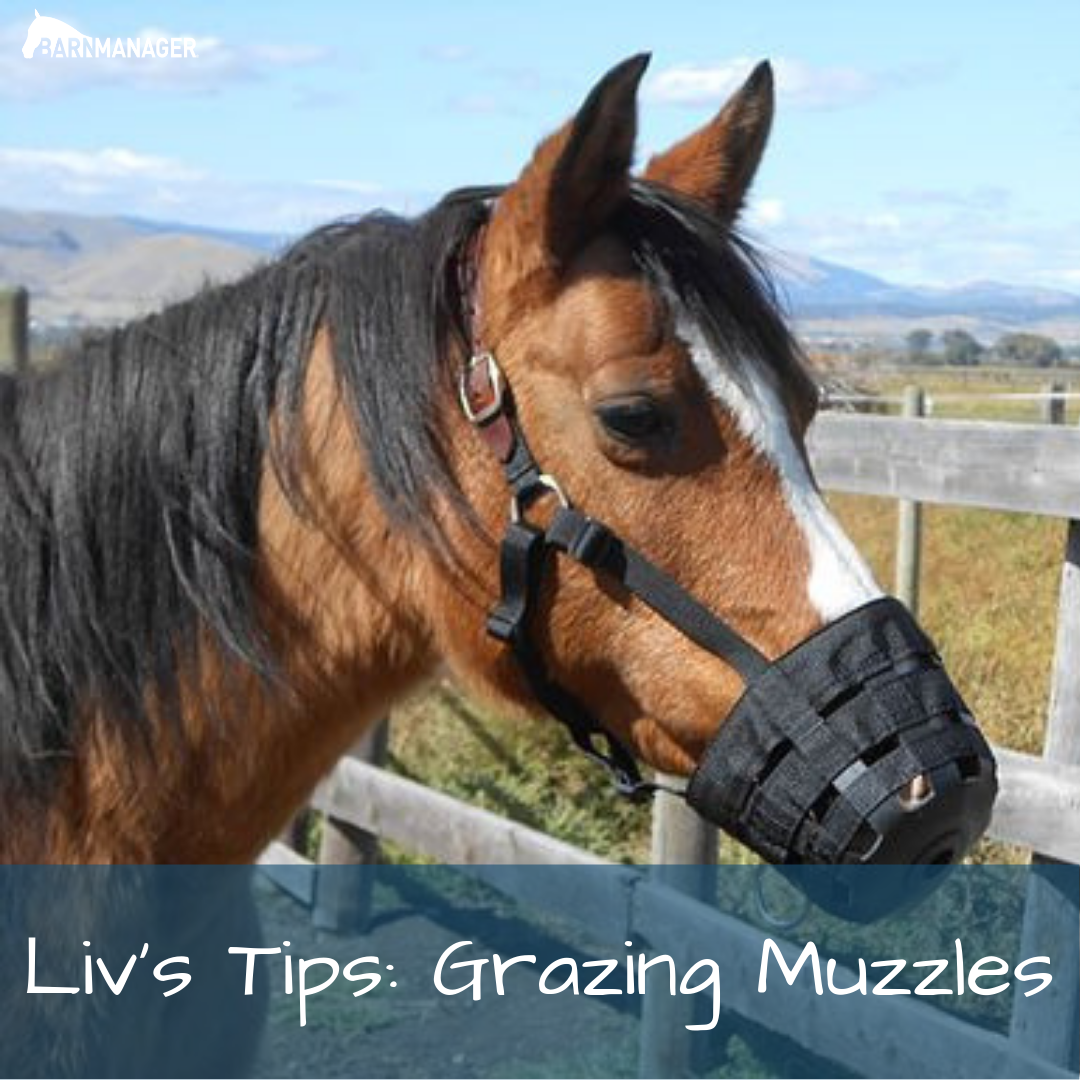
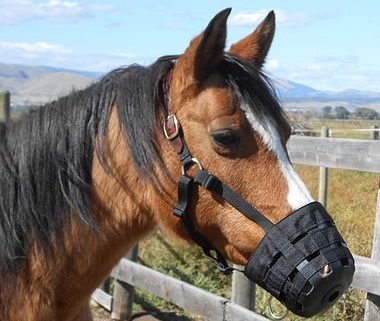
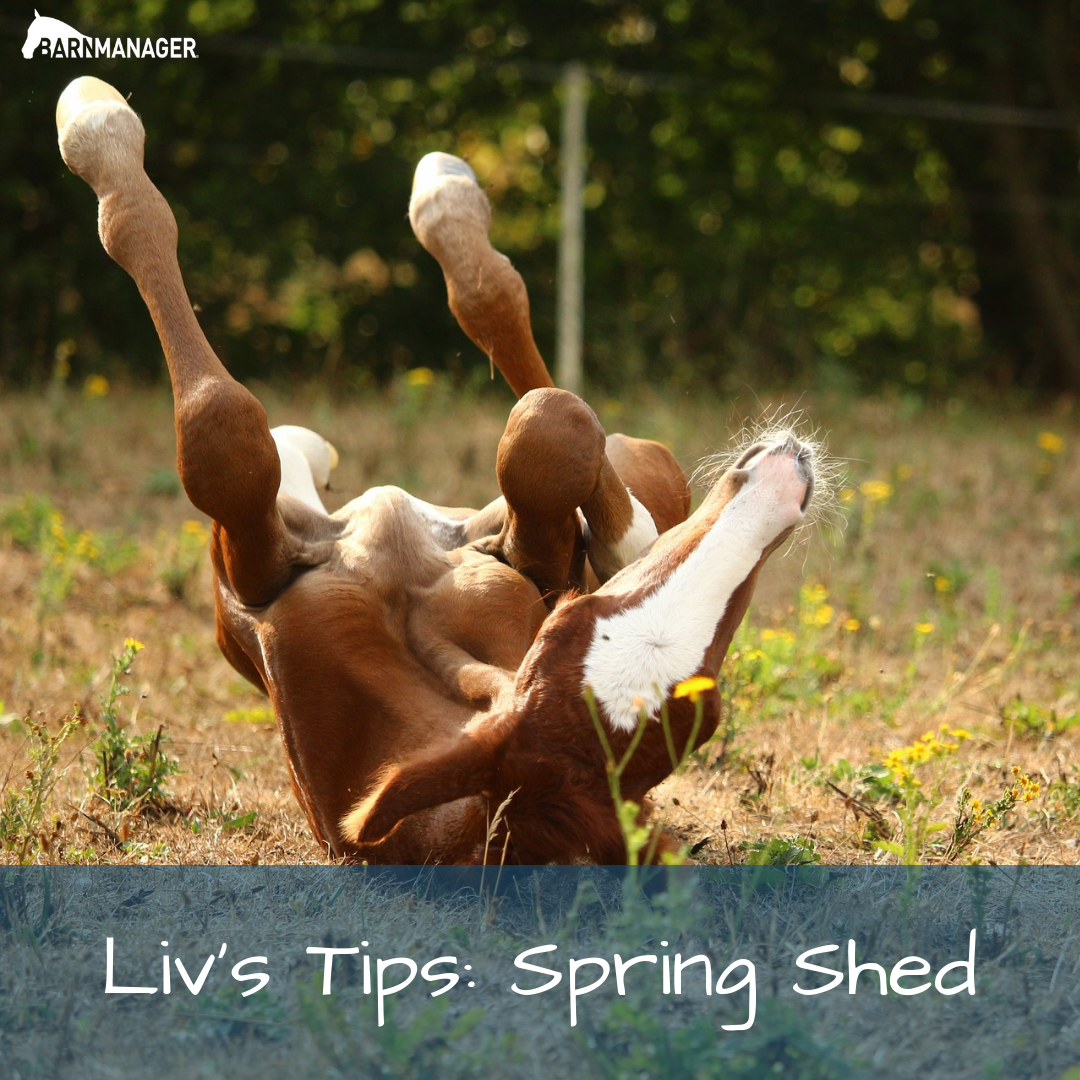
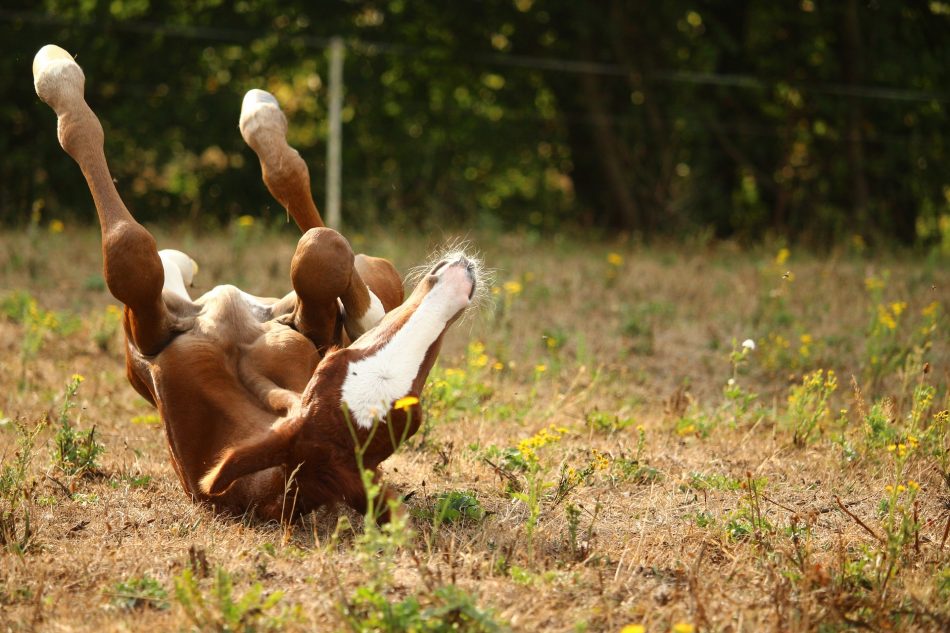
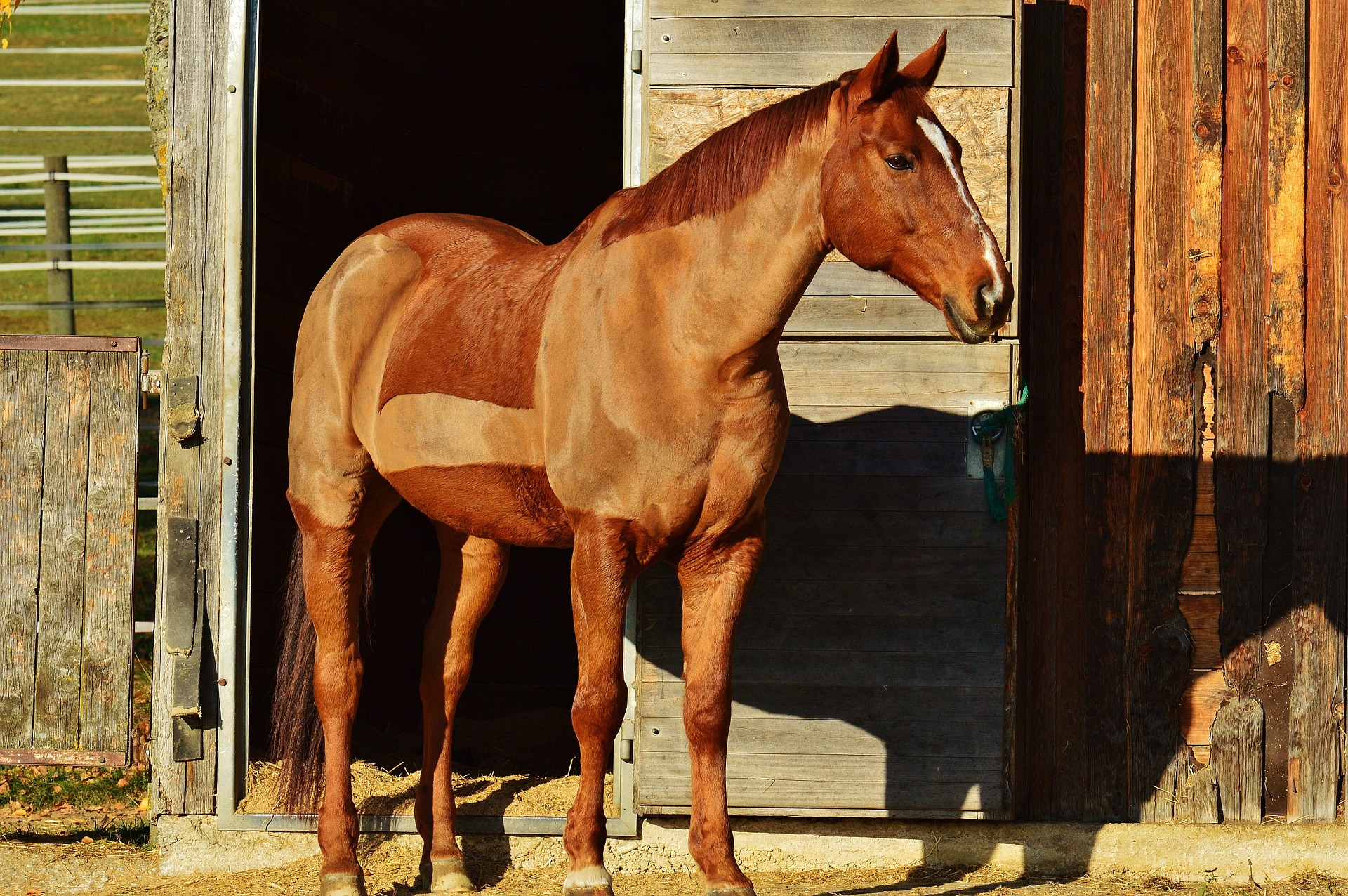
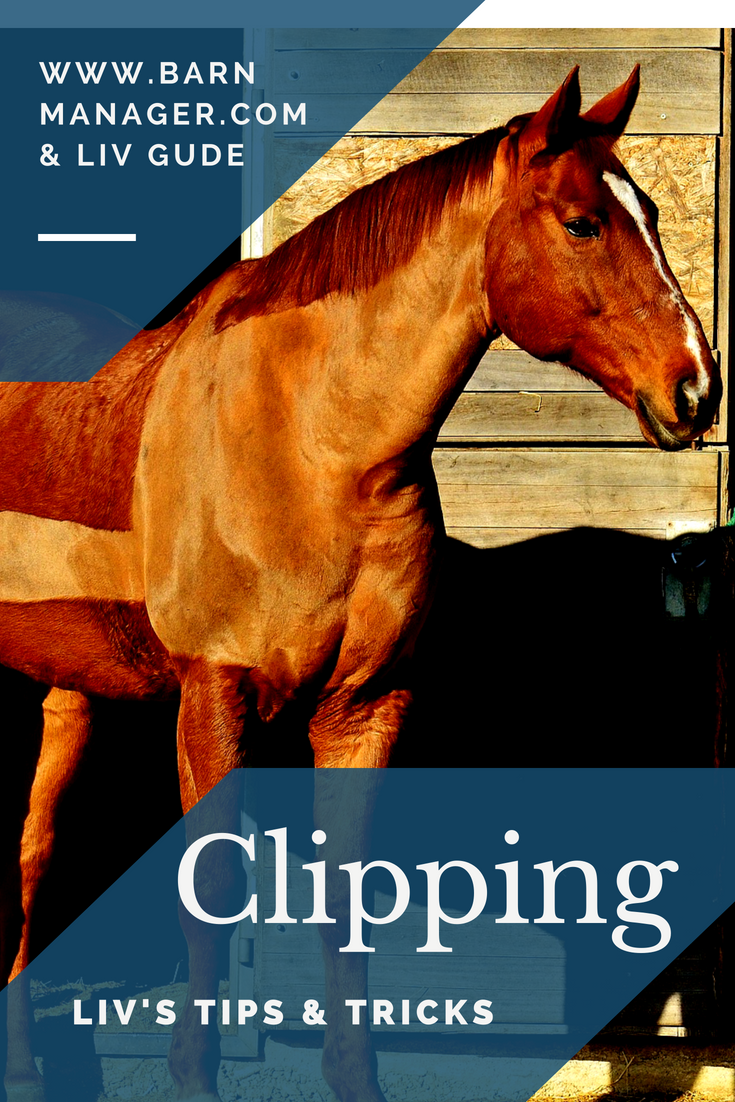
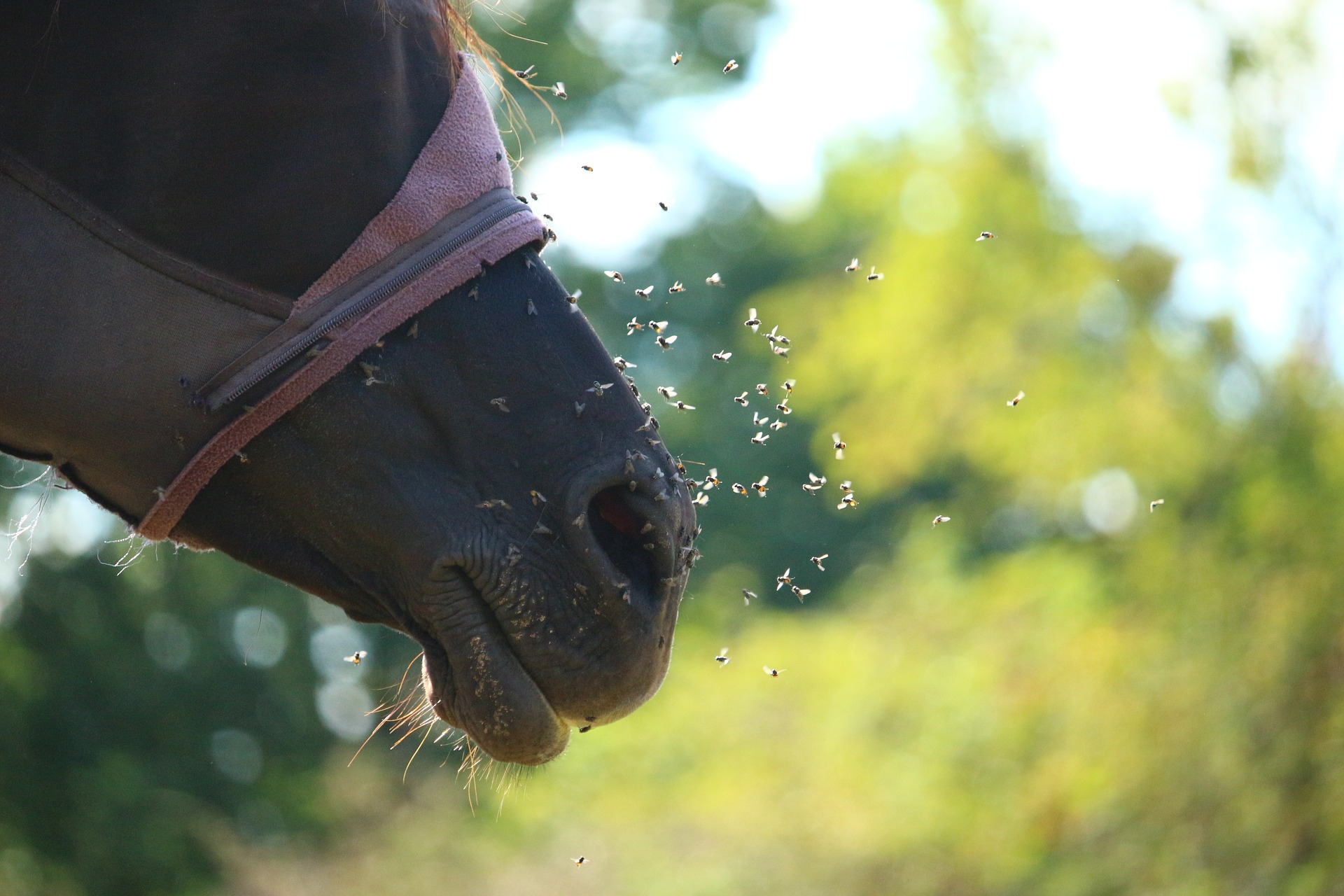
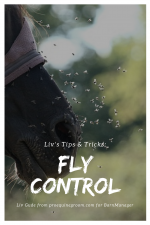 There are two main things to know about fly control – first, know what types of flies you are targeting and second, you must attack all stages of the fly life cycle.
There are two main things to know about fly control – first, know what types of flies you are targeting and second, you must attack all stages of the fly life cycle.